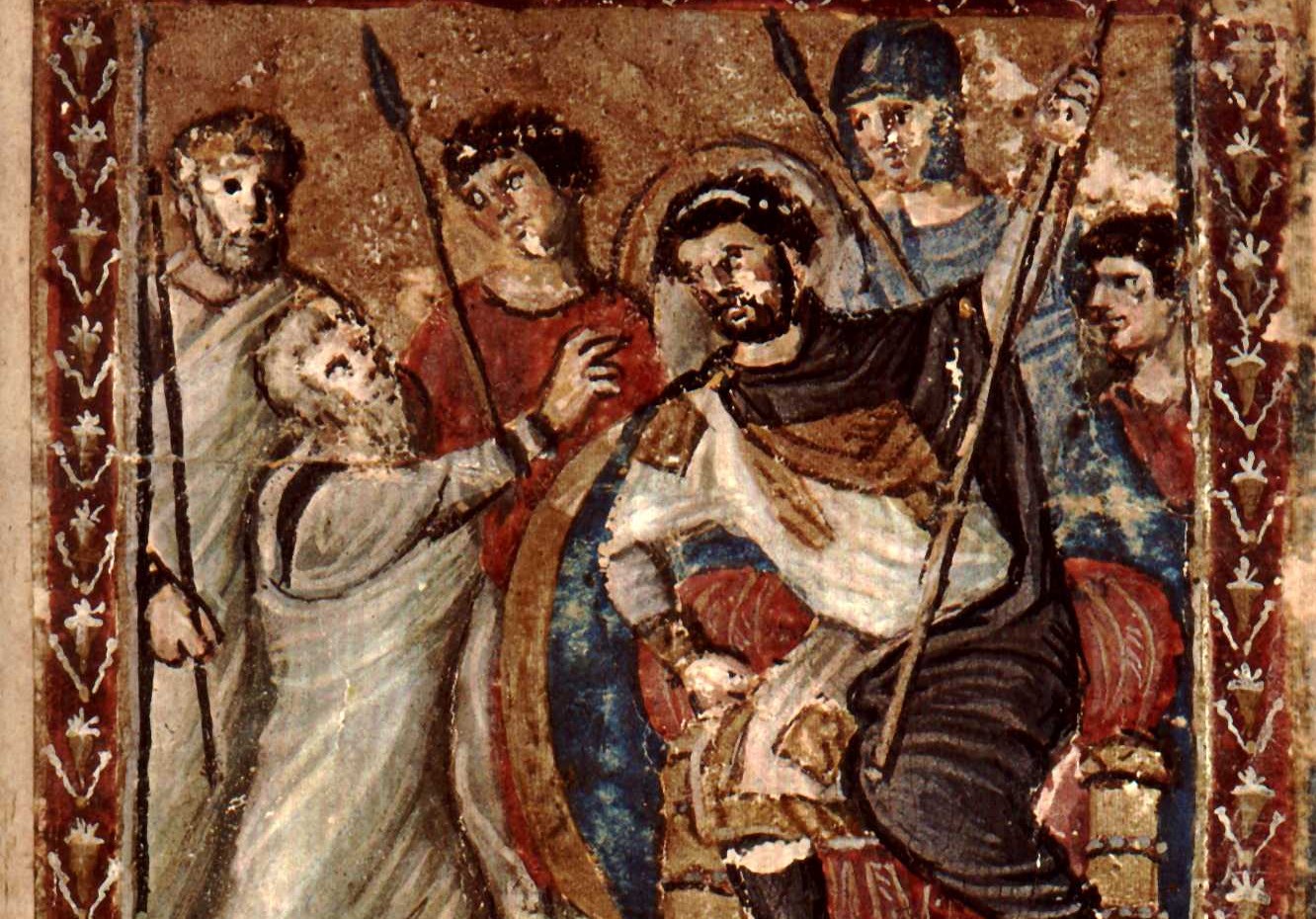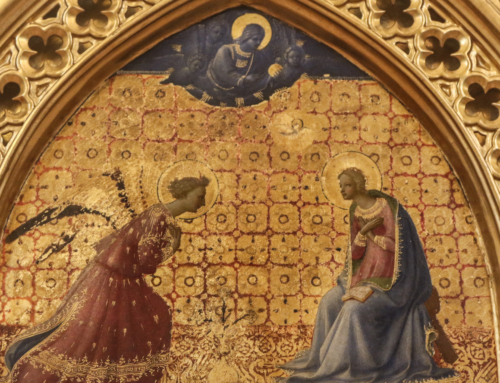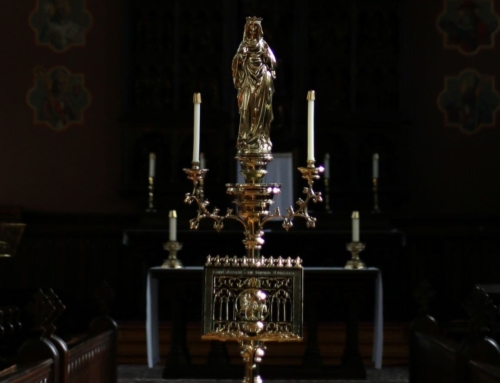During the Exodus story, which features the mighty manifestations of God’s power and love, God puts on a virtual fireworks display before all of Egypt. Pharaoh, the Egyptians, and the Israelites each react differently, and Pharaoh’s response – the “hardening of his heart” – always puzzled me. The author of Exodus repeats the claim that ‘God will harden Pharaoh’s heart’ so often that it cannot be ignored. Today’s reading highlights the phenomenon further by contrasting it with exactly the kind of inner stirring that we’d expect to be the work of God:
The LORD indeed made the Egyptians well-disposed toward the people; Moses himself was very highly regarded by Pharaoh’s servants and the people in the land of Egypt. […] Thus, although Moses and Aaron performed all these wonders in Pharaoh’s presence, the LORD hardened Pharaoh’s heart, and he would not let the Israelites go from his land (Exodus 11:3, 10).
We can understand, even expect, that God will help prepare our hearts to be human. He will help us to be humane to others, particularly those laboring under oppression, as the Israelites were in ancient Egypt. We have no trouble seeing God’s hand in making the Egyptians “well-disposed” towards the Israelite slaves in their plight. We nod in sympathy as we read verse three, but verse ten confounds us. How can Pharaoh not be similarly moved?
The Biblical author sees Pharaoh’s incredible obstinacy as somehow miraculous. To the author of Exodus, Pharaoh’s hardness of heart must be a sort of inspiration to ask God to speak louder when revealing Himself. In this respect, he portrays the reaction of Pharaoh’s heart as prompted by God. Yet in itself, the hardening of one’s heart involves callous jealousy and an irrational denial of reality; in this respect it can never be seen as God’s doing. This aspect can only be the act of a fallen creature: choosing to embrace sin rather than to admit God’s awesome love and mercy. Thus, later in the Bible, the hardening is explained as entirely Pharaoh’s own doing: “Why should you harden your hearts as the Egyptians and Pharaoh hardened their hearts?” (1 Samuel 6:6)
It is Pharaoh’s pride that hardens his heart in the face of God’s wondrous deeds. Sure of his own temporal power, Pharaoh sees God’s might as a threat, and so pitifully tries to deny the signs that are before him. This pride corrupted the heart of Lucifer (and later Adam), precipitating the original fall from grace. The only type of pride that we should admit to our hearts is the joyful self-respect that comes from the knowledge that God, someone of cosmic importance and goodness, loves us and thinks we’re special.
This is the message that the Biblical author perceives in the Exodus story. This joyful message reverberates all throughout the Bible, growing clearer and more resonant until it bursts forth in the great canticle of the Magnificat on the lips of the humblest of God’s devotees, Mary:
My soul proclaims the greatness of the LORD, my spirit rejoices in God my savior, for He has looked with favor on His lowly servant. From this day all generations will call me blessed, for the almighty has done great things for me and holy is His name. He has mercy on those who fear Him, in every generation. He has shown the strength of His arm, He has scattered the proud in the imagination of their hearts and has lifted up the lowly… (Luke 1:46-52)
If Pharaoh’s jealousy warns us against the pitfalls of our fallen-ness, Mary’s joyous celebration of God’s mercy reminds us of the heights that our true nature can attain when magnified by God’s grace. In the encounter with God, our fallen nature cries out for a mighty act of God. In His mercy, His grace is the salve that will soften the calluses of our hearts, restoring them with a dose of divinity. Grace is the answer to the mystery.
✠
Image: Moses before Pharaoh, Syriac Bible of Paris, Folio 8r.







